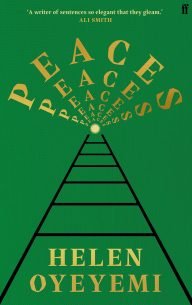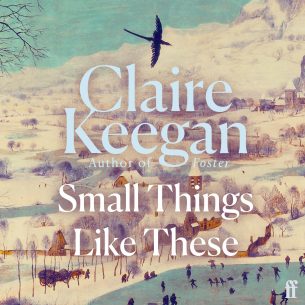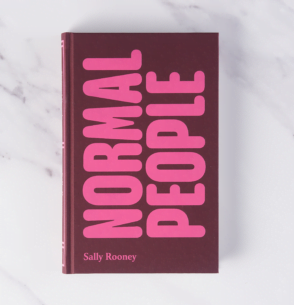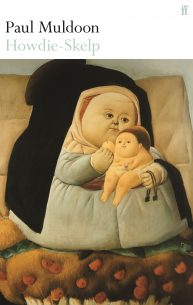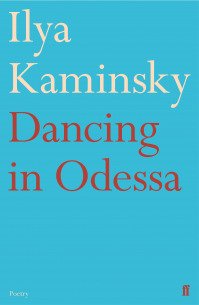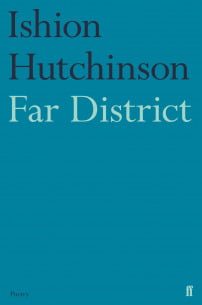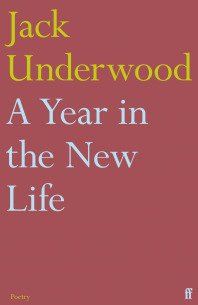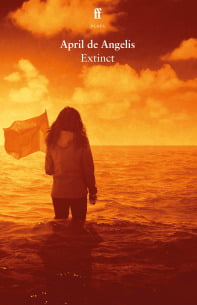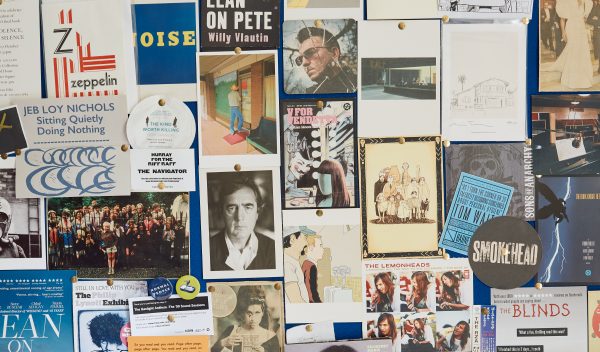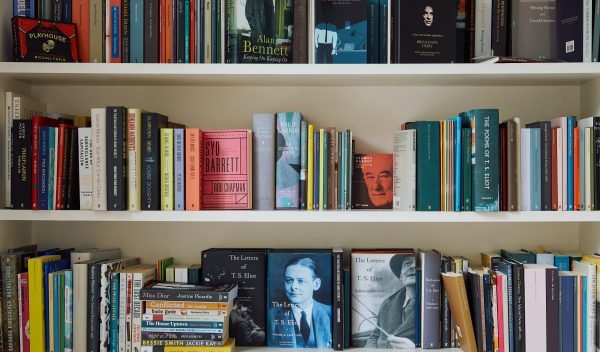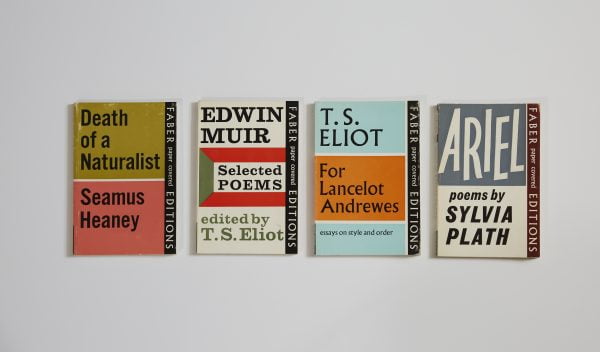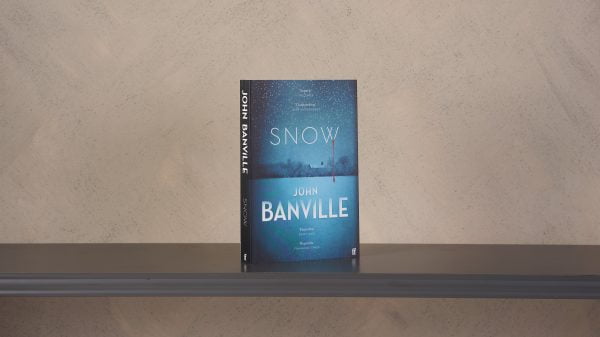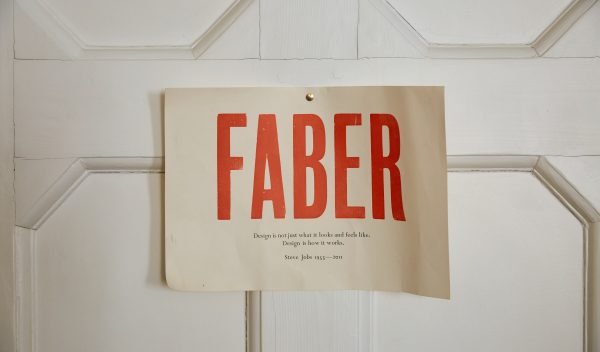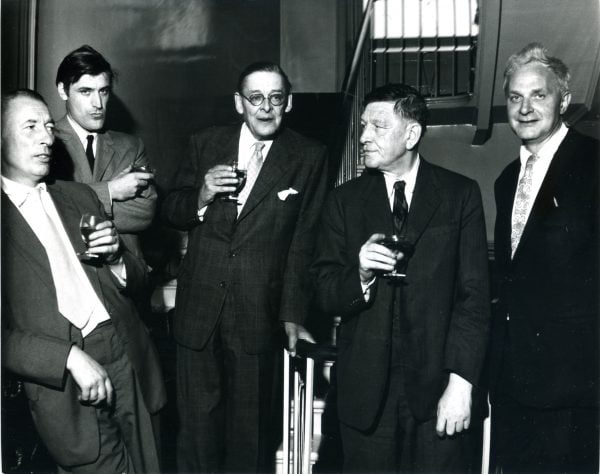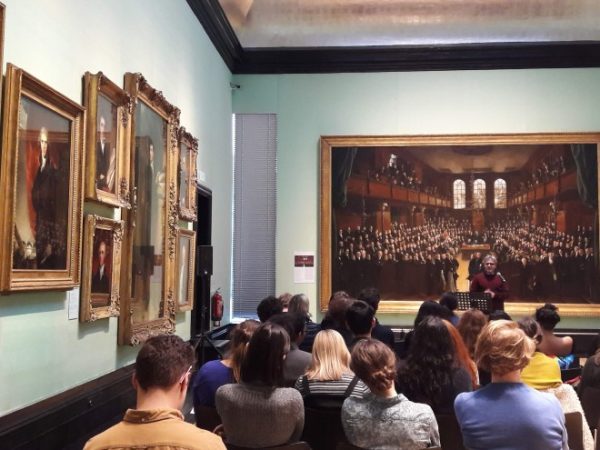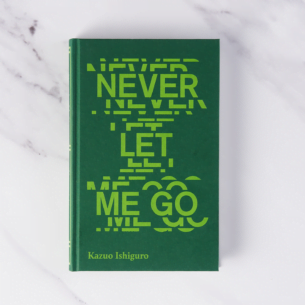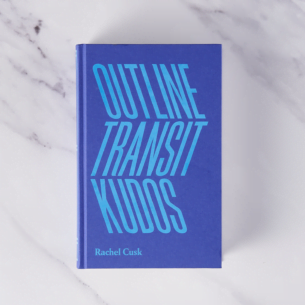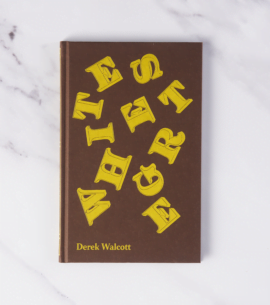


The View from My Window | Graham Farmelo
No matter where you live, coronavirus has altered daily life. We’ve asked Faber authors to share a snapshot of their lives in lockdown.
The Internet is the most grievously unsung hero of the coronavirus crisis. Over the past few weeks, the media has focused on the everyday inconveniences of the near-global lockdown and the loneliness of isolation. Yet, of all the hundreds of pandemics our species has endured, none has been easier for most people to bear than this one. The main reason for this, I submit, is the wide availability of electronic information and a communication facility that – in the context of the span of human history – was invented only yesterday.
Even during the uplift of spring, the view from my study’s window – overlooking my neighbour’s conservatory – brings me only limited pleasure. Much more important is the 24/7 access to vast collections of streamable music, movies, recordings of stage performances, exhibition tours, downloadable books and so on. Best of all, access to by far the largest library the world has ever seen. I doubt that I’ll ever get over the technological miracle that is the World Wide Web.
If a writer can keep at bay the pervasive unease, sadness and anxiety, the lockdown is a professional boon. Tom Stoppard wrote recently in a Spectator diary piece that ‘if it were not for the terrors surrounding us, this is the life I’ve always wanted – social distancing without social disapproval’. I rather agree. When I force myself to ration my intake of news, I am more productive than I have been for decades. Thank goodness that we in the UK are allowed to take daily exercise: my ability to think and reflect is certainly enhanced by my restorative walks on Richmond Hill and in Richmond Park (at least before the authorities closed it).
Currently deep in research for my next book, I’ve been astonished that every one of the dozens of experts I have consulted has been eager to talk, usually at the earliest opportunity. Even in this work-obsessed age, when everyone professes themselves to be time-poor, it was a shock to discover that many high-achieving academics have a lot of time on their hands. My interviews are facilitated by wondrous video-conferencing technology and I am now kicking myself that I did not buy shares in Zoom when it was a mere start-up. Although this software is destined to be only a shadow of what it will soon become, it is undeniably a joy to be able to chat with dozens of family members, friends and colleagues, sometimes simultaneously. I doubt, however, that the Internet will ever facilitate long-distance hugging. By the time social intimacy is again socially responsible, I suspect that touch will have lost its reputation as the least important of the human senses.
I will of course be glad when the lockdown is over, when I’ll free once again to behave with a degree of harmless irresponsibility. Most of all, I can’t wait to luxuriate again in the underrated pleasure of procrastination. Although I miss drinking barista-made espresso, mooching around shops, following sport, going out for meals and much else, I have come to realise that I can do without them. But heaven forbid that I am ever deprived of my broadband.

Graham Farmelo is a Fellow of Churchill College, University of Cambridge, and author of The Universe Speaks in Numbers.
